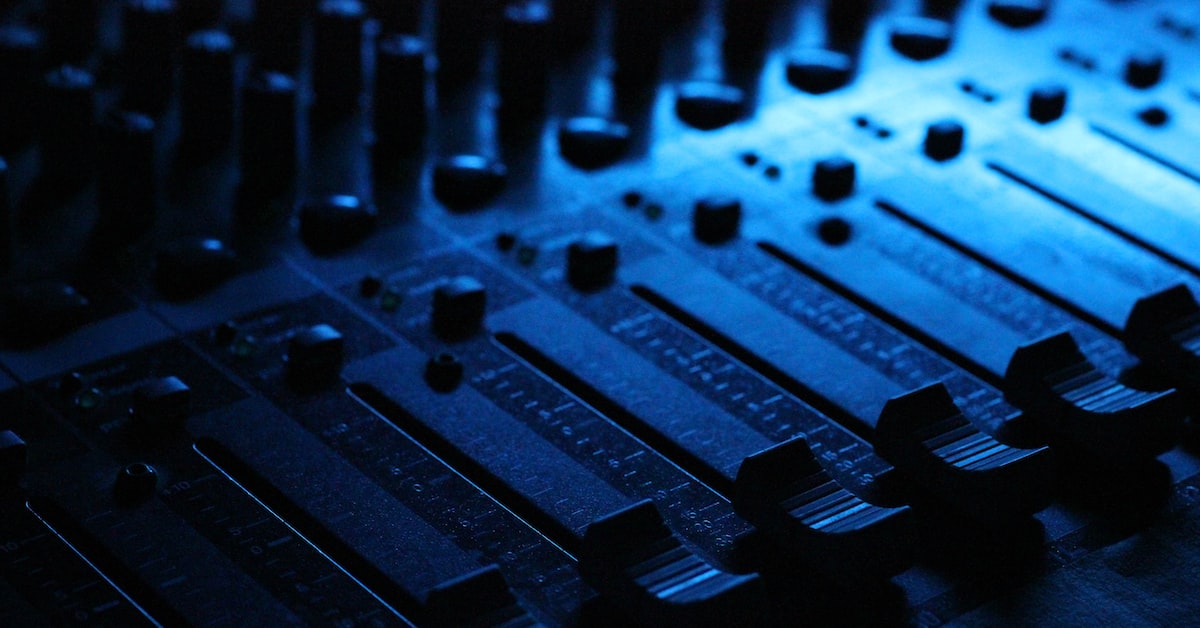
The Future of AI in Music Therapy: Healing with Sound
In a world where technology is advancing at an astonishing pace, the realms of healthcare and therapy are not left untouched. Music therapy, long acknowledged for its healing properties, has now found a new partner in artificial intelligence (AI). This dynamic duo is transforming the way we approach mental health and emotional well-being. In this article, we will explore the exciting frontier of AI in music therapy, its potential benefits, and how it is changing the landscape of therapeutic practices.
Understanding Music Therapy
What is Music Therapy?
Music therapy is an established practice that employs musical interventions to address physical, emotional, cognitive, and social needs. It is often used to help individuals manage stress, improve communication, and enhance overall well-being.
The Power of Sound
Sound has an incredible influence on the human psyche. It can evoke emotions, trigger memories, and even alter one’s mood. This power of sound is what makes music therapy so effective.
The Rise of AI in Music Therapy
The Role of Artificial Intelligence
AI has made its presence felt in various industries, and now it’s revolutionizing music therapy. By leveraging AI, therapists can offer personalized and more effective sessions.
Personalized Playlists
AI algorithms analyze a patient’s preferences, emotions, and history to create customized playlists.
Advantages of AI in Music Therapy
Improved Accessibility
AI music therapy can be accessed remotely, eliminating geographical barriers. Patients can receive therapy from the comfort of their homes.
Enhanced Effectiveness
The ability to personalize therapy sessions makes them more effective. AI can adjust the music in real-time, tailoring the experience to the patient’s emotional state.
Challenges and Concerns
Privacy Issues
Collecting personal data for AI analysis raises concerns about data privacy. Patients must trust that their data is handled securely.
Human Touch vs. AI
While AI is a valuable tool, some argue that it lacks the human touch and empathy that human therapists provide.
The Future Landscape
Integration with Wearables
AI music therapy can seamlessly integrate with wearables, such as smartwatches, to provide real-time feedback on the patient’s emotional state.
Collaboration with Traditional Therapists
The future is likely to see a harmonious partnership between human therapists and AI, combining the best of both worlds.
Incorporating artificial intelligence into music therapy is a dynamic field with constant innovations. Here, we delve further into the exciting developments and potential applications that are shaping the future of AI in music therapy.
Evolving Algorithms
AI algorithms used in music therapy are not static; they evolve over time. As more data is collected and analyzed, these algorithms become more refined, resulting in increasingly accurate recommendations and therapeutic experiences. This adaptability ensures that therapy remains current and effective.
Diverse Musical Experiences
AI allows for an incredibly diverse range of musical experiences. Therapists can use AI to introduce patients to various musical genres, styles, and cultural influences, broadening their horizons and enabling them to connect with music on a deeper level. From classical compositions to contemporary hits, the possibilities are endless.
Real-Time Emotional Monitoring
One of the most remarkable aspects of AI in music therapy is its ability to monitor a patient’s emotional state in real-time. Through advanced sensors and data analysis, the AI can assess the patient’s emotional responses and adjust the music accordingly. If a patient becomes agitated, for example, the AI system can automatically switch to calming melodies.
Cross-Disciplinary Collaboration
AI in music therapy is not limited to mental health applications. It has found a place in various medical fields, including neurology and rehabilitation. In these areas, music therapy can aid in motor skill development, cognitive rehabilitation, and pain management. The collaborative potential of AI and music therapy is vast, offering holistic benefits across healthcare.
Ethical Considerations
As with any technological advancement, ethical considerations are paramount. The responsible use of AI in music therapy is crucial. Therapists and AI developers must adhere to strict ethical guidelines to ensure patient well-being, privacy, and consent.
The Human Touch
AI may be a powerful tool, but it can never replace the human touch entirely. The emotional connection between a therapist and a patient is a unique and vital element of therapy.
In conclusion, the future of AI in music therapy is an exciting journey of discovery, innovation, and healing. As technology continues to advance, the therapeutic possibilities will expand, offering hope and support to those in need.
FAQs (Frequently Asked Questions) – Continued
- How do I choose between AI music therapy and traditional therapy? The choice between AI music therapy and traditional therapy depends on your preferences and needs. Some individuals may find one more suitable than the other.
- Are there any age restrictions for AI music therapy? AI music therapy is typically suitable for individuals of all ages, from children to seniors.
- Can I use AI music therapy alongside my current treatment plan? Many individuals use AI music therapy as a complementary treatment alongside their existing therapy or medical plans. Always consult with your healthcare provider for guidance.
- What is the cost of AI music therapy, and is it covered by insurance? The cost of AI music therapy can vary, and insurance coverage may differ. It’s essential to check with your insurance provider for specific details.
- How can I stay updated on the latest developments in AI music therapy? To stay informed about the latest advancements in AI music therapy, you can follow reputable healthcare and technology news sources, as well as the websites of AI music therapy providers and organizations.
The future of AI in music therapy is a promising one. As technology continues to advance, so too will the ways in which we approach therapy. AI’s ability to offer personalized, accessible, and effective music therapy sessions has the potential to significantly improve mental health and well-being.




